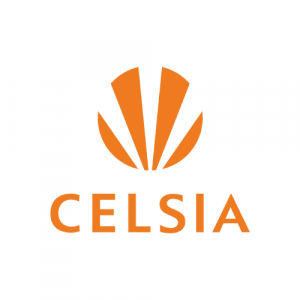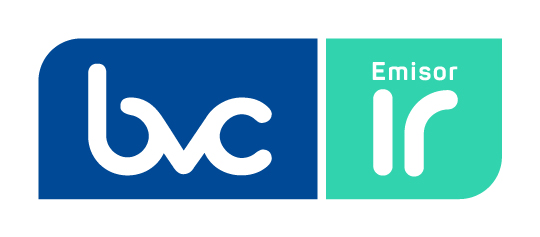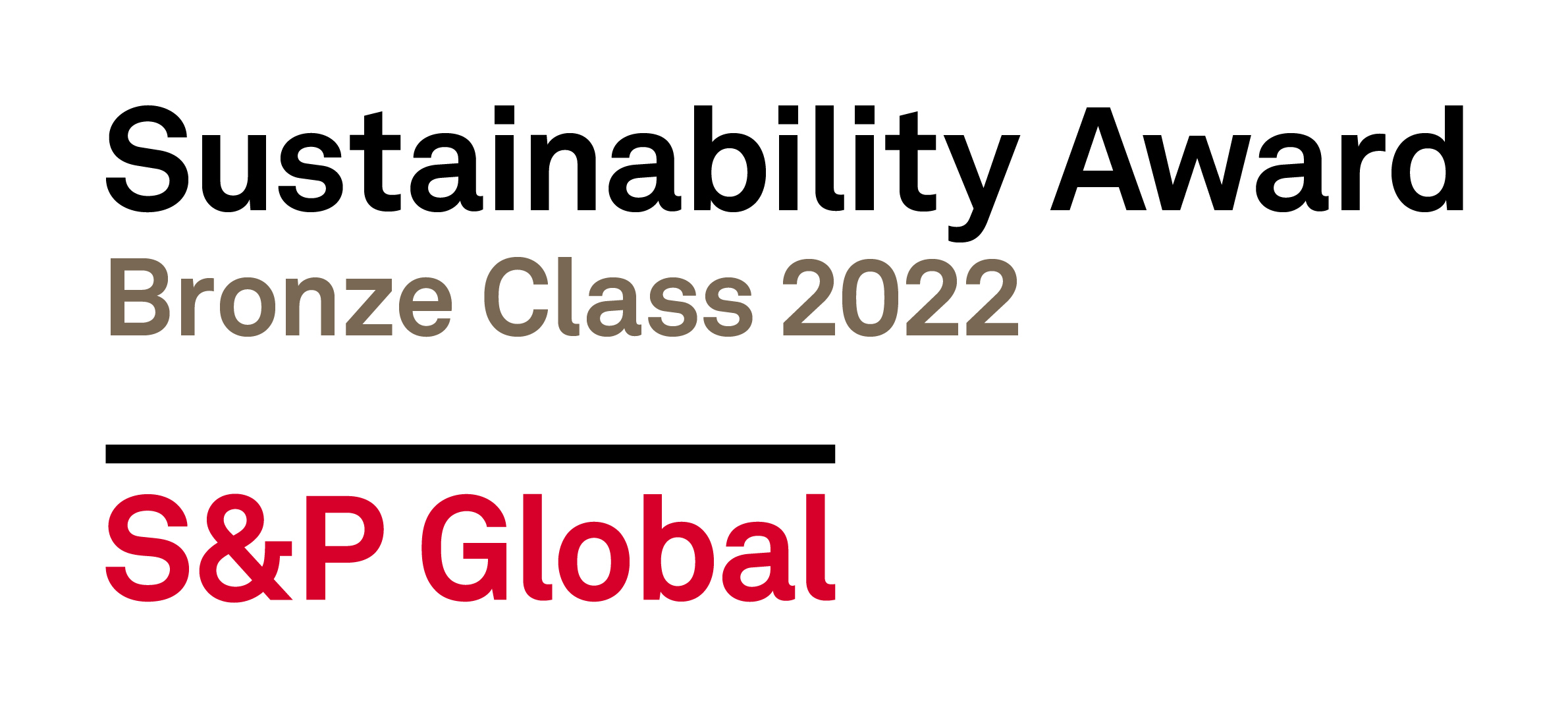We Take Care of the Planet
Eco-efficiency
At Celsia, we achieve eco-efficiency by focusing on the optimal, efficient use of natural resources.

GRI (103-1) At Celsia, we understand that to remain over time, we must focus on the optimal, efficient use of natural resources contributing to their conservation; therefore, in our assets and projects, we apply principles of good socio-environmental practices, such as the efficient use of energy, the management of waste or debris, the management of discharges and the control of atmospheric emissions, giving the best to grow together and keeping in mind the expectations of our Stakeholders.
Our actions are reflected in:
- Properly separating waste, reduce its generation and ensure its correct disposal.
- Achieve adequate management of all the chemical substances that we use in our processes.
- Measure the quality of the biotic and abiotic media and – depending on the results – establish action plans.
- Improve and promote the optimization of natural resources.
- Avoid environmental accidents.
- Mitigate air pollutants from stationary and mobile sources.
- Improve soil stability and prevent its degradation.
- Promote the sustainable use of water and biological resources.
- Implement actions aimed at the Organization’s circular economy for the optimization of renewable and non-renewable resources.
Non-Hazardous Waste
DJSI (2.3.5) GRI (306-3)
- We raised awareness and formed an interdisciplinary group of teams on circular-economy issues to define and implement strategies within the Organization’s businesses.
- We formed a work cell aimed at formulating pilot projects on the topic of circular economy.
- We continued with the implementation of the forestry program, where the plant material resulting from the maintenance of the high-, medium- and low-voltage lines is used in composting activities.
- We made the adjustment and implementation of the comprehensive waste- or debris-management procedure, in accordance with Resolution Number 2184 of 2019 for Colombia.
Hazardous Waste
DJSI (2.3.11) GRI (306-3) Regarding hazardous waste, we had an increase in the internal and external re-use of the waste generated, which reduces pressure on disposal sites and encourages post-consumption policies (extended producer-responsibility policies). This reflects the actions aimed at the Organization’s circular-economy processes.
Other Waste
DJSI (2.3.6, 2.3.7, 2.3.9, 2.3.10 y 2.3.12) SASB (IF-EU-120a.1) Our Organization recognizes and manages changes in the environment; for this reason, the emission of atmospheric pollutants for air quality and for the availability of natural resources is a priority, and for this:
- We have isokinetic monitoring for the Company’s fixed sources, in compliance with current environmental regulations.
- We conduct preventive maintenance on the equipment associated with the generation of emissions.
- We carry out air-quality studies for the different projects under construction.
- We use low-emission clean fuels.
Through the mitigation hierarchy, we seek to reduce the environmental impacts associated with atmospheric emissions, investing significant resources for the use of environmentally friendly cleaner fuels and efficient technologies.
Atmospheric Emissions (Particulate Matter, Sulfur Dioxide, Nitrogen Dioxide and SF6) in 2021
- Due to the structured closing of the technology operation that uses fossil fuel (coal) in the Bahía Las Minas Thermal Power Plant, which is part of the Colón Thermal Complex in Panama, there were no emissions associated with mercury.
- In relation to SF6 emissions, we had a 21% reduction, thanks to good practices and preventive maintenance carried out in our assets in operation
SASB (IF-EU 120-a-1) TCFD (Metrics and Goals -c) At Celsia, during 2021, there were no mercury emissions, due to the fact that the Bahía Las Minas Power Plant in the Colón Thermal Complex in Panama stopped generating energy with fossil fuel (coal). The pollutants of Particulate Matter (PM), Nitrogen Oxide (NOx) and Sulfur Oxide (SOx) that are emitted are not in densely populated areas or in areas close to them.
Water discharge management
GRI (303-4) For our sites or work center that have a water concession for domestic uses, we have a Domestic Wastewater Treatment System (STARD, in Spanish), which allows us to make controlled discharges, meeting the requirements established by the current environmental regulations of each country where we are present.
GRI (103-3) During 2021, the primary results on the subject were:
We changed the Group 1 and 2 inlet valves at the Calima Hydroelectric Plant, in Valle del Cauca, Colombia, which allowed us to improve the reliability and safety in the operation and eliminate leaks. We contributed to the optimization of 237 million m3 during 2021, and exceeded the goal set for savings of 124 Mm3 in accumulated hydraulic resources for the year in question.
Thanks to the structured closure of the Bahía Las Minas Thermal Power Plant in the Colón Thermal Complex in Panama, power generation with solid fossil fuel (coal) was eliminated, which has a positive impact on the consumption of energy resources and greenhouse gas (GHG) emissions.
We increased the recycling of non-hazardous waste, due to the good practices developed in the Company. In Panama, all the components of defective photovoltaic panels were used, in order to make the least-possible final disposal in landfills or dumps.
As for SF6 emissions, we had an 11.6% reduction, thanks to good practices and preventive maintenance carried out on our assets in operation.
New Challenges
These are our short-, medium- and long-term challenges:
- Manage the information of the different environmental variables in the operation and maintenance of assets, to strengthen the reporting, registration and consolidation of information through an app build to suit the Organization.
- Update the Environmental Goals to establish the indicators and their goals for the different businesses.
- Continue with the Zero Waste (Basura Cero) Program in the Administrative Offices in Panama.
- Formulate and implement circular-economy pilot projects in the Organization.
- Build a waste goal associated with scheduled maintenance, containing indicators for each of the Organization’s assets by its management.
- Implement the sale of Carbon Bonda for the emission avoided by energy generation under the MDL or VERRA Standards.
- Continue implementing the program for saving and efficient use of water and compliance with the goals established.
- Strengthen operational controls aimed at the comprehensive management of chemical products and the handling of hydrocarbons.
- Change the Group 1 and 2 inlet valves at the Bajo Anchicayá Hydroelectric Power Plant, in Valle de Cauca, Colombia, to improve reliability and safety in operation and eliminate leaks.
- Consolidate the Circular-Economy Strategy for Celsia.
- Continue developing protection and conservation actions for different species.
- Develop Efficiency and Energy-Saving Plans.
Glossary
Atmospheric Emissions: The pollutants released directly into the atmosphere. Some originate as a consequence of chemical reactions and others correspond to the continuous or discontinuous discharge of matter, substances or forms of energy coming directly or indirectly from any source that may cause air pollution.
Hazardous Waste: Non-recyclable waste considered hazardous because it has intrinsic properties that pose risks to health and the environment.
Hydrobiological Resources: The organisms that spend their entire life, or part of it, in an aquatic environment and are used by man directly or indirectly.
Non-Hazardous Waste: The waste that does not cause damage to the environment or the health of living beings, since it does not undergo significant physical, chemical or biological transformations.
Thermal district: An urban-distribution network that produces steam, hot water and ice water; from a central plant it is transported by underground pipes to the buildings that comprise it, in order to heat spaces, domestic water or produce air conditioning.
VERRA: An international organization committed to supporting climate action and sustainable development through standards, tools and frameworks that assess environmental and social impacts at the project and program level.







Copyright © 2022 Celsia. All rights reserved
Medellín, Colombia
Design and Development: Taller de edición
For a better experience on our site, we recommend using the Web Chrome 4.3 or higher, Firefox 3.8 or higher, Safari 8 or higher, Internet Explorer 10, 11 navigators
